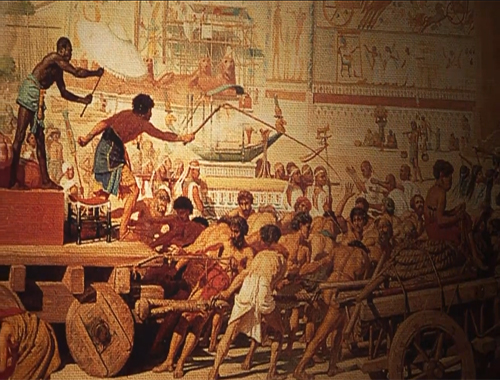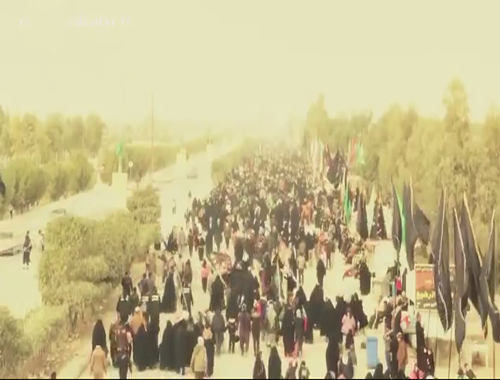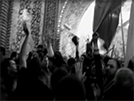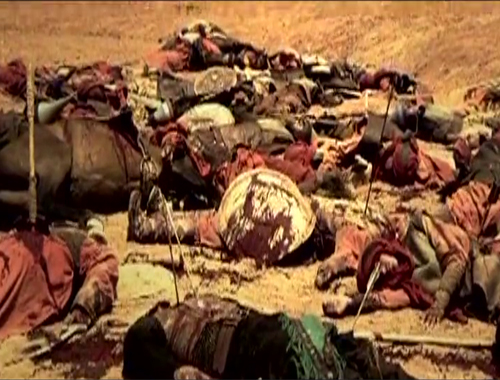verse103
- Details
- Hits: 2452
(103) ما جَعَلَ اللَّهُ مِنْ بَحِيرَةٍ وَ لا سائِبَةٍ وَ لا وَصِيلَةٍ وَ لا حامٍ وَ لكِنَّ الَّذِينَ كَفَرُوا
يَفْتَرُونَ عَلَى اللَّهِ الْكَذِبَ وَ أَكْثَرُهُمْ لا يَعْقِلُونَ
103. " Allah has not appointed any Bahirah, Sa'ibah, Wasilah, and Ham, but those who disbelieve make up a lie against Allah, and most of them do not understand."
Commentary :
In this verse the Qur'an points to four improper innovations which were customary current among the pagan Arabs at the Age of Ignorance. For some reasons those people used to mark or nominate part of their animals, and prohibited eating their meat. They did not count permitted to drink the milk of those animals, or to cut their wool, or to ride on them. In other word, they used to actually leave such animals useless.
The Holy Qur'an says:
" Allah has not appointed any Bahirah, Sa'ibah, Wasilah, and Ham, ..."
The Qur'an implies that Allah has not ordained anything in the nature of a Bahirah, or a Sa'ibah, or, Wasilah, or a Ham.
The explanation of these four animals are as follows :
1. The Arabic term /bahirah/ was applied for the animal which had given birth to offsprings for five times and the fifth of them was a female animal (and according to another tradition a male one). They used to split the ears of such an animal and let it go for itself. They would not kill it after that.
2. The Pagan Arabs used the term /sa'ibah/ for a camel which had brought forth twelve (or ten) offsprings. They left that camel free so that even no one would ride on it. They might only milk it occasionally in order to give that milk to their guests.
3. The term /wasilah/ used to be applied for the lamb which could bring forth a child for seven times. (Or, according to another tradition it was used for the lamb which could bring forth twins.) Killing such a lamb was also considered unlawful (haram) by them.
4. The Arabic word /ham/ was applied for the male animal which had been used for fecundating female animals of the same kind for ten times and each time a new progeny was brought forth from its seed.
Shortly speaking, the objective meaning of mentioning these animals has been the beasts which could serve their owners considerably and frequently through the way of being beneficial for them, and their owners, in turn, offered a kind of honour and freedom to such animals, too.
Then, the verse continues saying:
"... but those who disbelieve make up a lie against Allah, ..."
These pagans and idol worshippers used to say that those false ideas were from the laws of Allah while most of them did not apply the least contemplation about their speech. They did not utilize their intellects when they blindly imitated others' manner. The verse says:
"... and most of them do not understand."
* * * *











